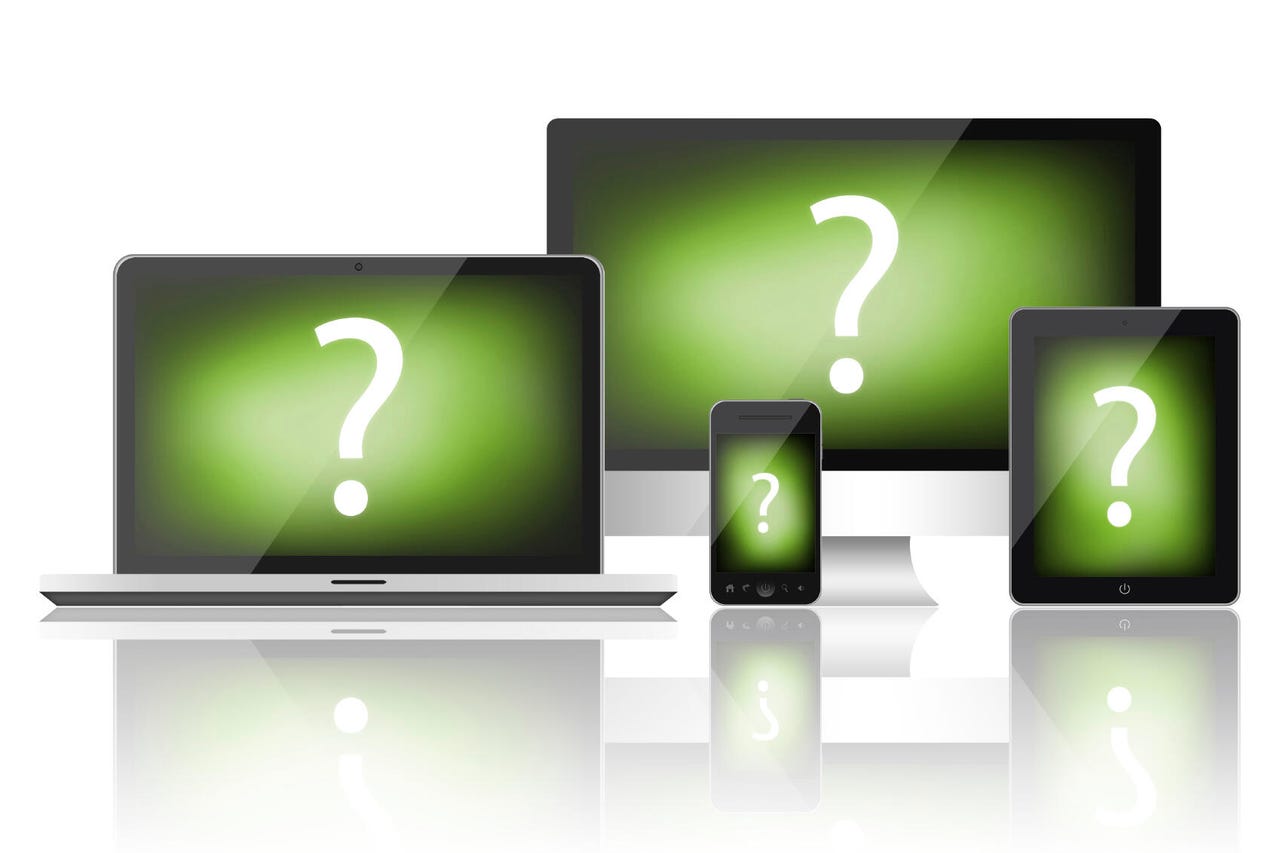Better than Microsoft's Surface Pro? Here's the Windows 10 2-in-1 being built on public opinion


What does your perfect device look like? Eve-Tech wants you to tell them, before they try to build it.
There's always something you would like to change in a device, whether it's a bigger screen or another port. Now Finnish startup Eve Tech is giving users the option of shaping the machine of their choice by crowdsourcing the development of its upcoming Windows 10 tablet-laptop hybrid.
Eve-Tech opened up its 2-in-1 tablet project, codenamed Pyramid Flipper, to crowd scrutiny in early 2016 and now has 1,000 registered members on its community platform.
The process is simple: members discuss design, specifications, and features they would like to see in the Pyramid Flipper. Eve-Tech reviews component options based on the discussion, submits them to a vote, and pieces together the final product.
"We've really crowdsourced every single spec. About 100 people from different backgrounds participated in [each discussion]," Konstantinos Karatsevidis, CEO of Eve-Tech, tells ZDNet. "Now we're polishing off the final things and questions like where the ports should be located."
So what does the community want? The advisory specs were nailed down in April and they consist of a 12-inch to 12.5-inch LCD display, 8GB of RAM, Intel's Core M processor, 10 hours of battery life, and two storage options: 128GB and 256GB. Eve-Tech notes there could still be minor changes to the final product.
Eve Tech's previous device, a Windows 8-powered tablet called Eve T1, prepared the ground for this larger, more ambitious project.
Similarly, the final design and dimensions have yet to be published, but the community will eventually get to vote on the design concepts. What is known is there will be a read kickstand and detachable keyboard similar to Microsoft's Surface Pro.
The community has also thought up some surprises. Most notably, Karatsevidis says there is overwhelming support for a stylus. But he has yet to find any major difficulties in the design process itself.
"We thought the biggest challenge would be the crowdsourcing. We thought there'd be many problems managing the platform, fights in the community, those sort of things. But it has been so much easier than we expected. People have been very passionate about it. The biggest challenge is actually refining the [product] details," he says.
Karatsevidis believes its user-centric approach and "competitive price" will help Pyramid Flipper appeal to the same market as 2-in-1 laptops from the likes of Microsoft, Lenovo, and Dell. While the price tag is still under wraps, it is expected to be below $1,000 ($1,120).
Where Eve-Tech is cutting costs, and as a result availability, is in retail, as it will only sell the tablet directly. The startup has experience here. It made one previous device, a Windows 8-powered tablet called Eve T1, in 2014 and sold 5,000 units in the few months it was available. Karatsevidis says Eve T1 achieved its goal of testing the waters in preparation for this larger project.
Consequently Eve-Tech has shifted gears with Pyramid Flipper and has now 24 people working on it, notably the former art director of OnePlus. Aside from some minor government funding, Eve-Tech is also mostly self-financed and says it intends to stay that way.
The appeal of this user-centric approach will be tested in the summer. Eve-Tech plans to open Pyramid Flipper for pre-orders through a crowdfunding campaign in late July or August and ship the first devices at the latest within two weeks of the campaign ending. The target is to sell 50,000 units in the first year and then go back to the community for new instructions:
"The community will decide what the next product will be and they will also develop it with us," Karatsevidis says. "Right now the favorite is a phone."